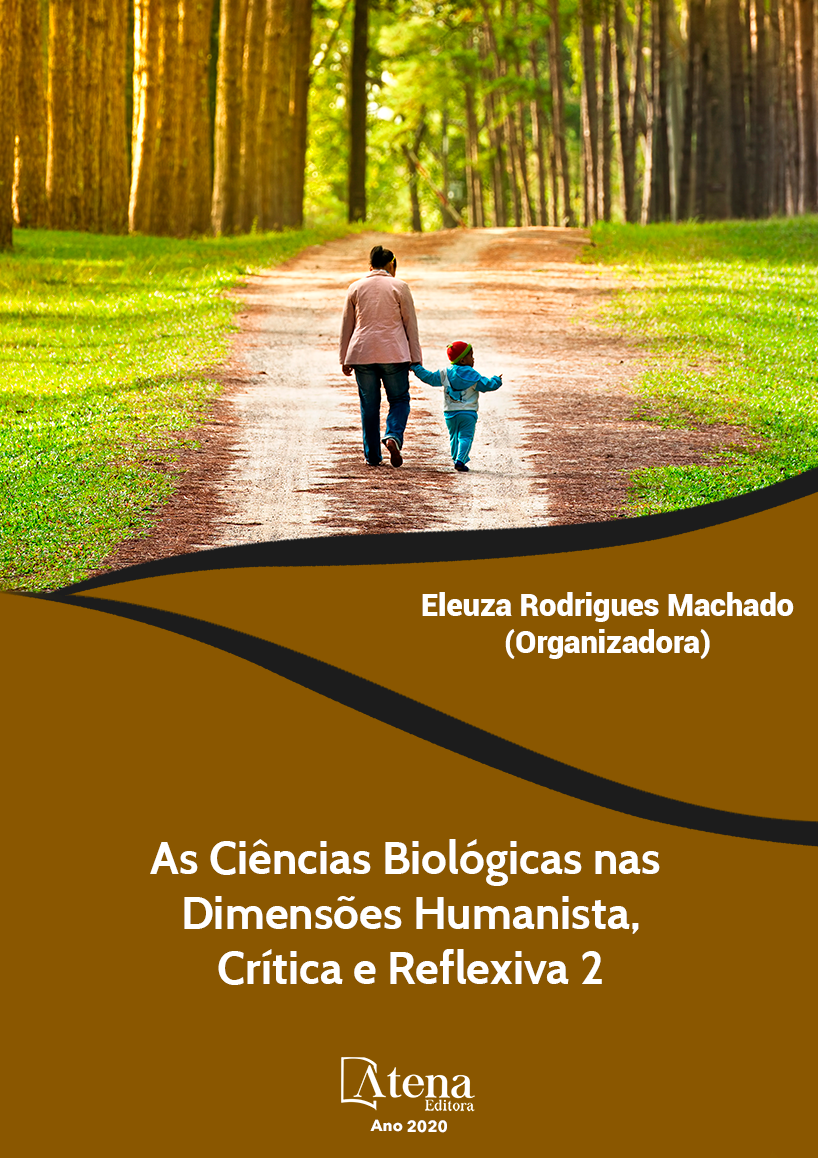
A MICROBACIA COMO UNIDADE DE DESENVOLVIMENTO: O CASO DA BACIA HIDROGRÁFICA DO RIO DAS POMBAS – MATINHOS-PR
Este capítulo apresenta um estudo de caso da captação e distribuição de água na Colônia Maria Luiza, a qual não é atendida pelo sistema público de abastecimento. A região estudada localiza-se no Litoral Paranaense entre os municípios de Paranaguá e Matinhos, sob jurisdição do município de Paranaguá-PR. A região é produtiva, com foco na agricultura familiar e na produção orgânica. O objetivo da pesquisa foi caracterizar a Microbacia do Rio das Pombas, como unidade de desenvolvimento, demonstrando uma forma sustentável de captação e gerenciamento da água. O gerenciamento financeiro do sistema hídrico é feito pelo método de cobrança de taxa de consumo mensal, por meio de hidrômetros instalados em todas as propriedades, visando a sustentabilidade econômico-financeira do sistema. Concluiu-se que a região de estudo apresenta forte potencial para a prática do Desenvolvimento Territorial Sustentável com direcionamento para garantir a continuidade dos serviços ecossistêmicos característicos da região e a conservação e manejo sustentável da comunidade.
A MICROBACIA COMO UNIDADE DE DESENVOLVIMENTO: O CASO DA BACIA HIDROGRÁFICA DO RIO DAS POMBAS – MATINHOS-PR
-
DOI: 10.22533/at.ed.3152005059
-
Palavras-chave: Microbacia. Desenvolvimento Territorial Sustentável
-
Keywords: Watershed. Sustainable Territorial Development. Traditional Communities. Ecosystem Services
-
Abstract:
This chapter presents a case study of water collection and distribution at Maria Luiza Colony, which is not served by the public supply system. The region studied is located on the Paranaense Coast between the municipalities of Paranaguá and Matinhos, under the jurisdiction of the municipality of Paranaguá-PR. The region is productive, with a focus on family agriculture and organic production. The objective of the research was to characterize the Pombas River Micro-basin as a development unit, demonstrating a sustainable way to capture and manage water. The financial management of the water system is done by the monthly consumption tax collection method, by means of hydrometers installed on all properties, aiming at the economic-financial sustainability of the system. It was concluded that the study region has a strong potential for the practice of Sustainable Territorial Development with direction to ensure the continuity of ecosystem services characteristic of the region and the conservation and sustainable management of the community.
-
Número de páginas: -19
- Francisco Xavier da Silva de Souza
- Marcio Rosario do Carmo


